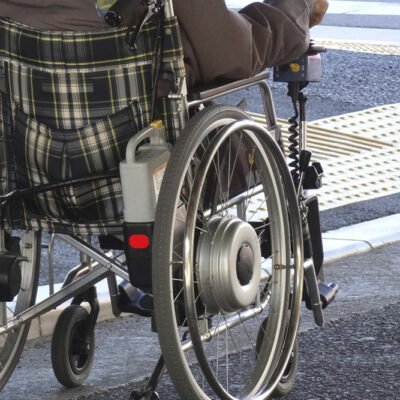Everything Else
6 signs of child neglect
Child neglect is a form of maltreatment where a child’s basic needs, such as food, shelter, clothing, health care, and emotional support, are not met. This can develop due to various reasons, including inadequate resources and tools required for caregiving. While neglect is a complex issue, it can be identified through a few issues concerning the child’s behavior, health, and appearance. Recognizing these signs can help vulnerable children get the necessary protection and care. Lack of hygiene One of the most common signs of child neglect is inadequate personal care, manifesting as untidiness and poor hygiene, which could also affect the child’s health. Additionally, the signs of neglectful care can be seen in the type of clothes the child wears. For instance, the clothes may be unkempt, ill-fitting, or unsuitable for the weather. Another noticeable sign is persistently dirty clothes, which can increase the risk of skin infections, sores, rashes, scabies, ringworms, and flea bites. However, the signs of neglect in infants and toddlers may be different, manifesting as recurring diaper rashes. This occurs when the child is left in dirty diapers for long periods. Behavioral changes Changes in a child’s behavior can be a sign of neglect. For instance, the child may become clingy and extremely friendly with strangers.
Read More 









